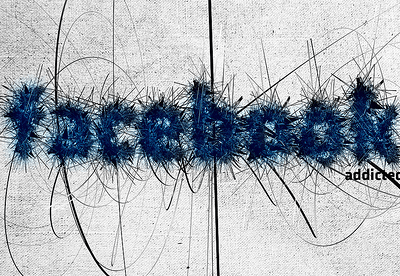Within the last few years, social networking sites such as Facebook have completely taken over the cyber world. As more and more people join Facebook, posting their personal information and photographs, employers are beginning to take the initiative of conducting their own background checks on applicants and potential employees, looking at their “tagged pictures” and newsfeeds.
In a recent study conducted by CareerBuilder.com, the job search engine stated that 45 percent of businesses are conducting their own, online background checks using social media and networking sites.
Allison Nawoj, a Career Advisor for CareerBuilder, believes that social networking can be used as leverage to help begin a career. “[Social networking sites] are becoming more and more common and people are more likely to becoming involved, but at the same time, employers are becoming more involved with these sites too,” she explained, “ While 35 percent have found reason on these sites to not hire someone, 18 percent have found information that made them want to hire someone. You can leverage social networking the advantage of your career but at the same time, you must be sure to maintain a professional image.”
Unfortunately for some college students, this is quite the dilemma. With a plethora of pictures and wall posts about late nights out drinking and sexual innuendos, students must decide whether to block outsiders from viewing these things that could have drastic effects on their professional futures, or whether information posted on Facebook could assist in their job search.
A rising senior at Loyola University Maryland, Alexi Scott* is beginning her search for her first job upon her graduation next spring. Like other students, Scott does not want future employers basing their judgments of her solely off what they see and find online.
“A lot of the time people in college are only taking pictures of the bar scene, but that’s not a good representation of who I am,” said Scott. “There is so much else to me than what is evident from those pictures and I wouldn’t want a potential employer to disregard who I [am] based on a couple of Facebook pictures from a night out.”
Students are taking precautions by blocking their pictures and online activity from public view in order to protect themselves from discrimination by employers based on the content they have online.
Tyler Pritz, a rising junior at Penn State, had to cope with this realization during his search for a summer internship.
“As I began the process of looking for internships, I realized I could potentially be evaluated on more than just my resume,” Pritz explained. “I made sure that there were no provocative pictures or comments on my Facebook page, I tried to look as professional as possible. I monitored what my friends were contributing to my page and I tried to make my profile reflect the qualities I find valuable in myself and that I believed future employers would too.”
The best recommendation any employer would have for job seekers is to keep a clean and professional image online. This means either removing or censoring posts that contain promiscuous or unacceptable behavior in the professional world.
Additionally, it would be in your best interest to monitor and screen those people whom you chose to add as friends; unless you personally know an individual, you never know the difference between who they really are and who they claim to be.
At the same time that they are screening applicants, more businesses are also beginning to advertise through sites like Facebook. They are creating their own business and professional profiles for interested people to follow and support. After triple-checking to make sure your profile is professionally suitable, it would be a great idea to join or follow the group or profile of the business you are interested in.
*This name has been changed.



















